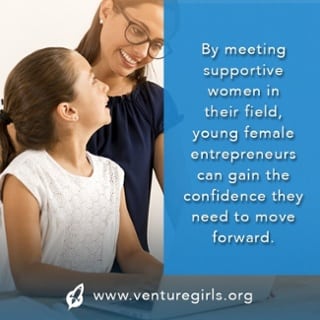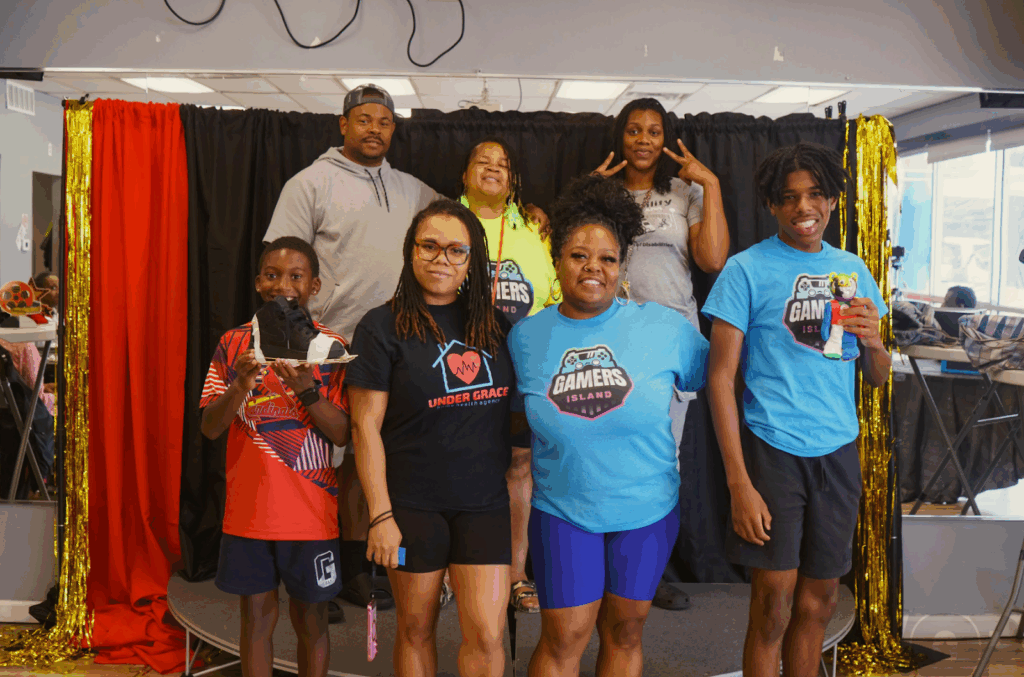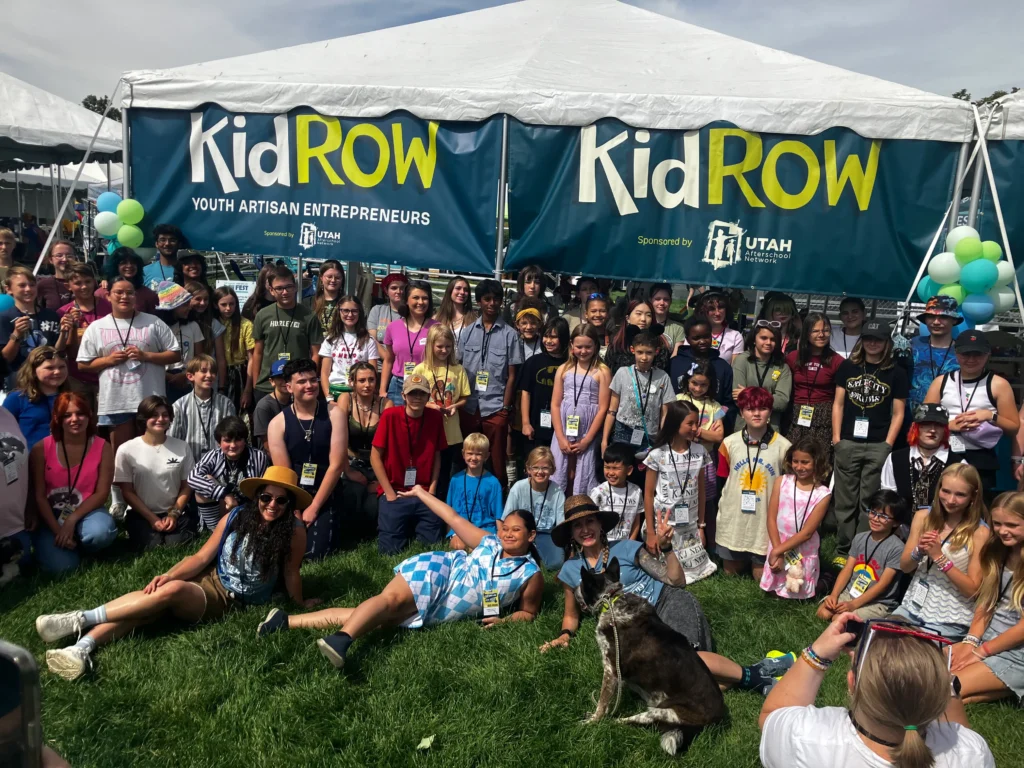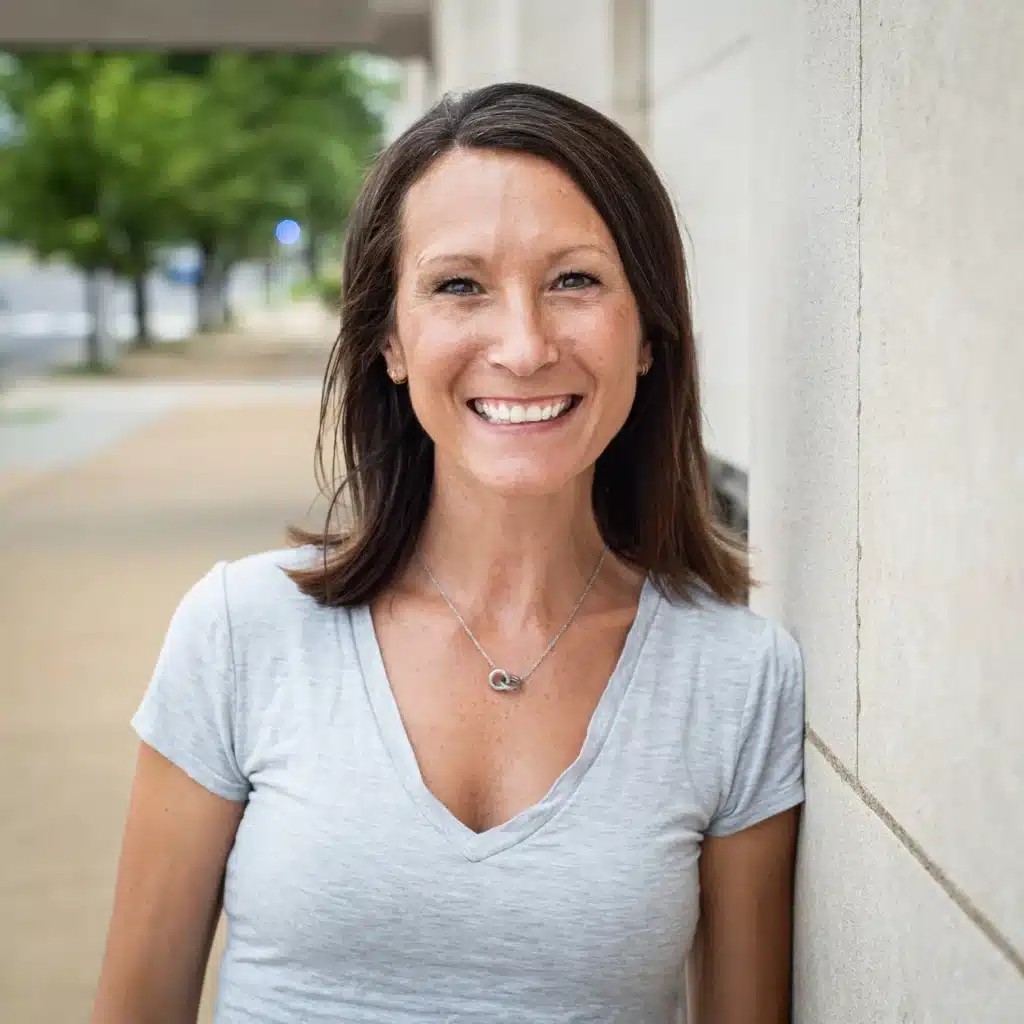
Finding the Grounding Force to Compete as a Woman
Dr. Cristal Glangchai |
December 15, 2017

In my last post, I began sharing the story of Bri Connelly, who is now an associate product manager at Google. She learned a lot about grit and determination from putting in the time to master dance as a young woman. She hadn’t yet moved into computer science—the field her father was in—but that would happen soon.
With all the grit she’d developed in her first 17 years of life, Connelly was ready for the spark that would light her aspirations: seeing The Social Network, the movie by David Fincher and Aaron Sorkin about Mark Zuckerberg and his founding of Facebook. It resonated with Connelly.
“I thought, ‘Wow, I want to be able to do that too, whether it’s starting a company, or just making an app or a website that people use—a cool project that involves lots of different skills,” she recalls. “The best way was to get a degree in computer science.”
She thought it would be relatively easy. Even tough subjects had always been easy for her. Until college, Connelly hadn’t truly, utterly failed at anything.

“There was a shock of going from being one of the smartest kids in your school to being what I interpreted as the dumbest kid at school. I was part of the honors program at UT, so it was really tough. And I’d just started programing, while everyone else started programing when they were 12,” she says.
“Everyone else” meant mostly men. There were very few women majoring in computer science. Connelly flunked her first programming project and went sobbing to her advisor, telling him she was going to drop her major. He told her to stick with it for one more project. She did, and she failed that one, too. Again he convinced her to ride out her tears and to stay in for just “one more project.”
“My little sister and her friends look up to me now,” Connelly says. “They don’t realize that I almost dropped computer science completely. Then I began to realize that everyone else was doing badly too; they just didn’t tell me. Especially the boys would act like they knew everything, and if you failed a project, you were so dumb. But in reality, they were all failing their projects, too.”
Connelly felt as if she didn’t belong, even as she began to get the hang of it. Like many young women in engineering and computer studies, she felt that everyone was going to figure out that she was an impostor, unqualified and ill-equipped to be where she was. Had Connelly read Womenomics, by Katty Kay and Claire Shipman, published the same year, she would have learned that “the impostor syndrome” is a chronic mental haunt even for the world’s most successful women in technology. Sheryl Sandberg is quoted, “There are still days when I wake up feeling like a fraud, not sure I should be where I am.”
Within a semester, Connelly found her grounding force—the other women in computer science. She got involved in Women in Computer Science. She traveled to Houston to attend the annual Grace Hopper Celebration of Women in Computing, where she saw thousands of women who had gathered there from around the globe, and she met several who were hoping to change the world. It was there that she learned about the impostor syndrome. “I could put a name on that feeling and realize it was a phenomenon, something beyond myself.”
That would happen soon.
I’d love to hear from you, about how you’ve moved beyond setbacks, perhaps as Connelly did, in finding the support of other women, or working with a teacher who wouldn’t let you give up. What were your experiences? Thank you for sharing.



